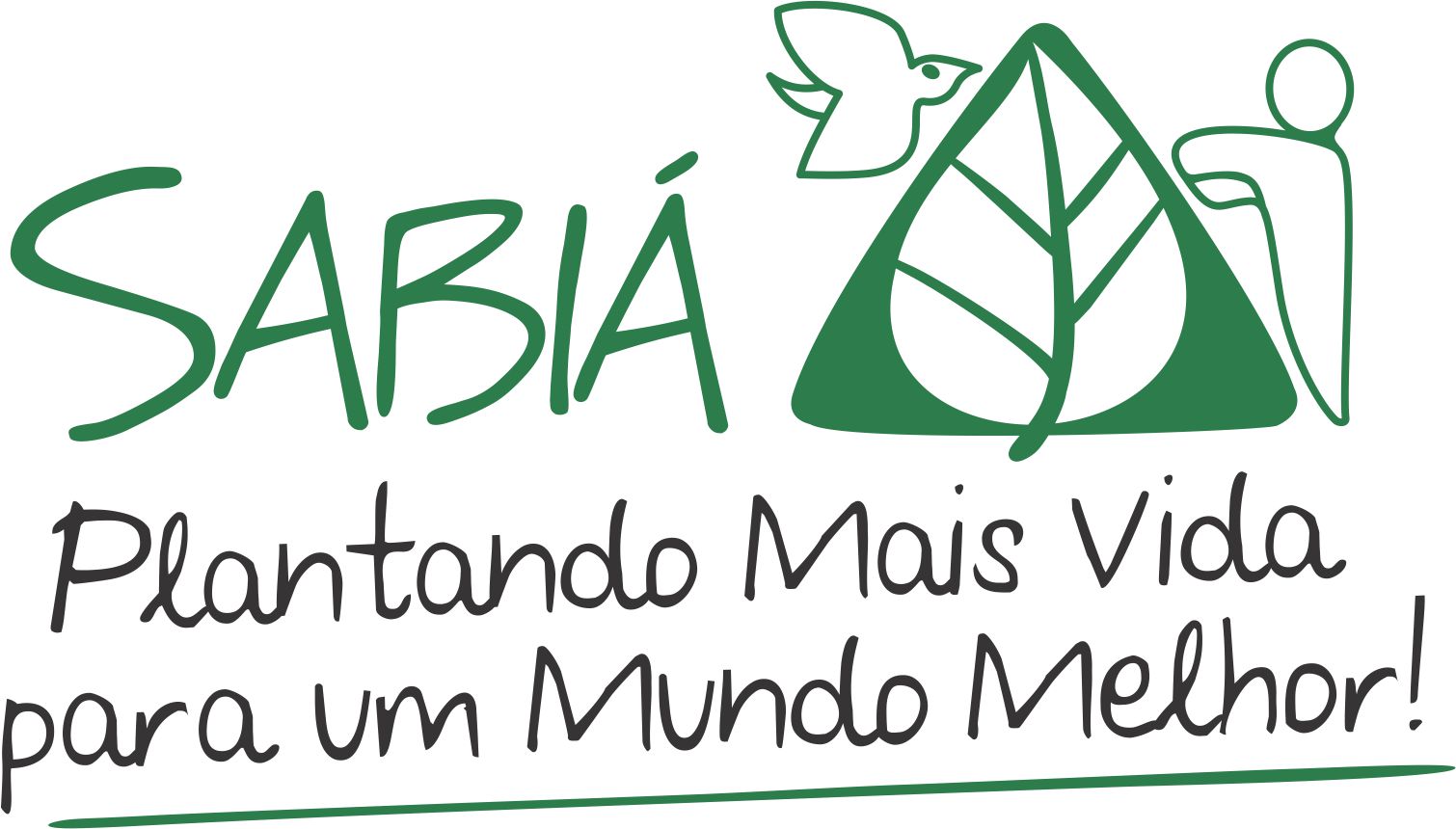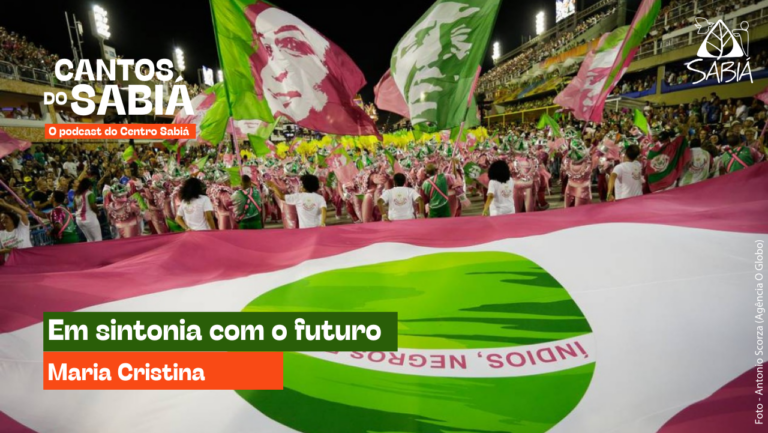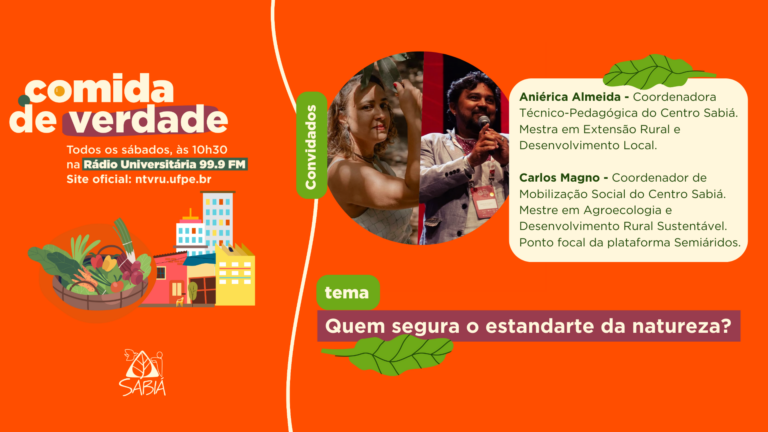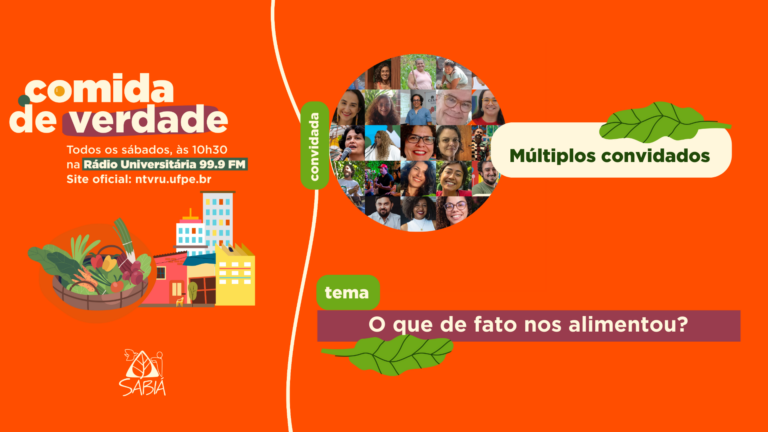It is in the daily struggle that we bring about transformation
Maria Cristina Aureliano
Agronomist and General Coordinator of Centro Sabiá
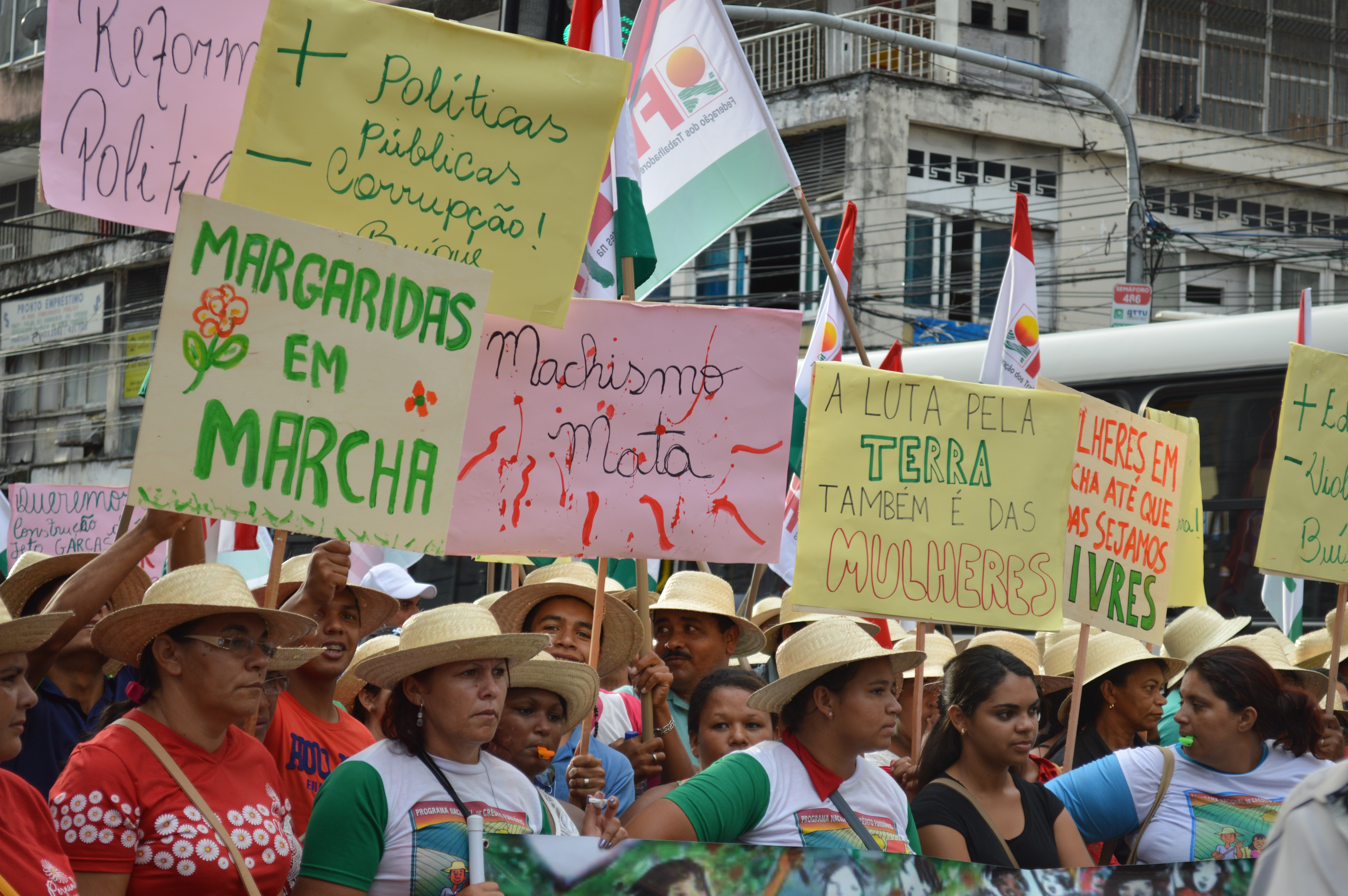
It was in the context of Brazil’s re-democratization that Sabiá was born as an organization committed to ending hunger and defending human rights. And it was born out of the Alternative Technologies Projects Network (PTA Network). Certainly because of all this, he has always understood that political action is collective action, and so he was a protagonist in the creation of the ASA, the ANA and the Northeast ATER Agroecology Network. It is in this way, collectively, that it has acted in the institutional spaces for the construction and social control of public policies on food security, technical advice, agroecology and coexistence with the semi-arid region over the last 30 years.
For the Sabiá Center, the work it does with farming families has always been directly linked to its work as a political organization defending rights and public policies for women, young people and traditional and peripheral populations in the countryside and the city. Sabiá’s political activities are based on its concrete practice with farming families, on relationships built through work, but also through affection, culture and other dimensions of life. Sabiá has dared to propose and also access public policies and this knowledge, built up within the policies and projects, is what has guided its “way” of doing advocacy.
But Sabiá’s political influence is also on the streets, with society and social movements, such as the occupation of Sudene (even before it became Sabiá), the Drought Forum, the Earth Cry, the March of the Daisies, the World Social Forum and Occupy Estelita, linking the countryside and the city through food. And may it continue for another 30 years.
Nothing found.

